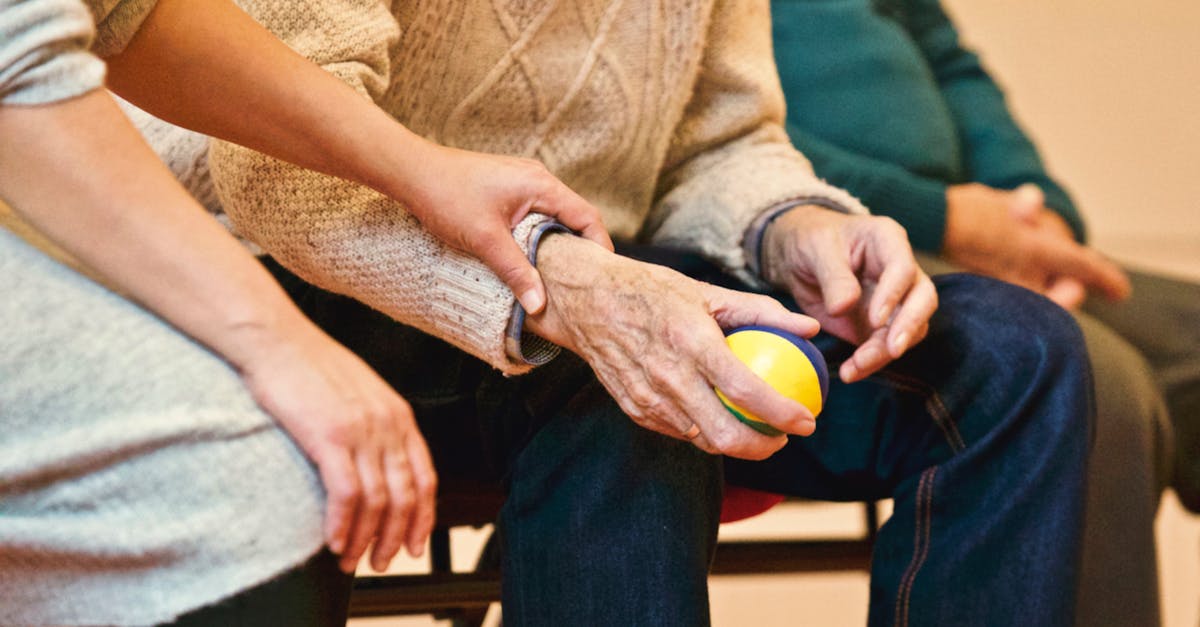What are the five recovery skills?

Developing ProblemSolving and DecisionMaking Skills
Developing problem-solving and decision-making skills is crucial for individuals on the path to recovery. By honing these skills, individuals can navigate challenges effectively and make informed choices that support their well-being. Problem-solving involves identifying issues, analyzing possible solutions, and selecting the best course of action, while decision-making requires weighing various factors to determine the most suitable option.
Individuals can enhance their problem-solving abilities through practice and by seeking support from professionals or peers. Engaging in activities that require critical thinking, such as puzzles or strategic games, can help sharpen problem-solving skills. Additionally, reflecting on past experiences and evaluating the outcomes of different decisions can provide valuable insights that contribute to better decision-making in the future.
Learning to Evaluate Options and Consequences Effectively
When faced with challenges or decision-making processes during the recovery journey, it becomes essential to possess the skill of evaluating options and consequences effectively. This skill involves carefully considering the various choices available and analyzing the potential outcomes of each option. By taking the time to weigh the pros and cons of different alternatives, individuals can make informed decisions that align with their recovery goals and overall well-being.
Moreover, learning to evaluate options and consequences effectively empowers individuals to anticipate the potential impact of their choices and actions. By developing this skill, individuals can enhance their ability to make decisions that contribute positively to their recovery process and long-term success. It allows for a deeper understanding of the implications of different paths, enabling individuals to navigate challenges with greater clarity and confidence. Ultimately, mastering this skill fosters a sense of agency and control over one's choices, promoting personal growth and resilience in the face of adversity.
Promoting SelfCare and WellBeing Practices
Promoting self-care and well-being practices is crucial for overall mental and emotional health. Taking time to prioritize oneself and engage in activities that bring joy and relaxation can significantly impact one's ability to cope with stress and adversity. By incorporating self-care habits into daily routines, individuals can enhance their resilience and better manage life's challenges.
Activities such as mindfulness exercises, journaling, or spending time in nature can help individuals recharge and maintain a positive outlook. Engaging in hobbies and interests outside of work or responsibilities can also provide a much-needed break and foster a sense of fulfillment. Remembering to show oneself compassion and kindness is key to promoting self-care, as it allows for a healthier relationship with oneself and others.
Incorporating Regular Exercise and Healthy Eating Habits
Incorporating regular exercise and healthy eating habits are fundamental aspects of a balanced lifestyle that contribute significantly to overall well-being. Engaging in physical activity not only helps maintain a healthy weight but also promotes cardiovascular health, boosts mood, and enhances overall energy levels. By integrating regular exercise into your routine, you can reduce the risk of chronic diseases such as diabetes, heart disease, and certain types of cancers.
Similarly, focusing on healthy eating habits plays a crucial role in supporting physical health and mental clarity. Consuming a variety of nutrient-rich foods, such as fruits, vegetables, whole grains, lean proteins, and healthy fats, provides essential vitamins and minerals necessary for optimal body function. Moreover, a balanced diet can help regulate blood sugar levels, improve digestion, and strengthen the immune system, thus fostering a sense of vitality and vitality in daily life.
Setting Realistic Goals and Prioritizing SelfImprovement
Setting realistic goals and prioritizing self-improvement are key components of a successful recovery journey. By establishing clear and achievable objectives, individuals can track their progress and stay motivated. It is important to set goals that are both challenging yet realistic, as this balance can help foster a sense of accomplishment and build confidence.
Prioritizing self-improvement involves identifying areas of personal growth and development that are essential for long-term recovery. This may include focusing on enhancing emotional well-being, fostering healthier relationships, or building resilience to cope with life's challenges. By actively working towards self-improvement goals, individuals can continue to evolve and thrive in their recovery process.
Breaking Down Objectives into Manageable Steps
Breaking down objectives into manageable steps is a crucial skill in the recovery process. This approach allows individuals to tackle challenges in a more organized and systematic manner. By breaking down larger objectives into smaller, achievable steps, individuals can feel a sense of progress and accomplishment along the way.
Setting realistic goals and prioritizing self-improvement becomes more attainable when objectives are broken down into manageable steps. This method not only enhances motivation but also helps individuals to stay focused and on track. By taking one step at a time, individuals can build momentum and work towards their ultimate goal with greater clarity and determination.
FAQS
What are recovery skills?
Recovery skills refer to the abilities and strategies individuals use to overcome challenges, setbacks, or difficult situations effectively.
Why are problem-solving and decision-making skills important in recovery?
Developing problem-solving and decision-making skills is crucial in recovery as it helps individuals navigate obstacles, find solutions, and make informed choices to progress towards their goals.
How can evaluating options and consequences effectively aid in the recovery process?
By learning to evaluate options and consequences effectively, individuals can make well-informed decisions, anticipate potential outcomes, and choose the most beneficial path for their recovery journey.
What role does self-care and well-being practices play in the process of recovery?
Promoting self-care and well-being practices is essential for recovery as it helps individuals nurture their physical, emotional, and mental health, enhancing their overall resilience and ability to cope with challenges.
Why is it important to incorporate regular exercise and healthy eating habits during recovery?
Including regular exercise and healthy eating habits in one's routine during recovery can boost energy levels, improve mood, reduce stress, and promote overall well-being, contributing to a faster and more sustainable recovery process.
Related Links
What are cognitive skills for addiction recovery?How Mental Health Facilities In NYC Are Supporting Child And Adolescent Psychiatry